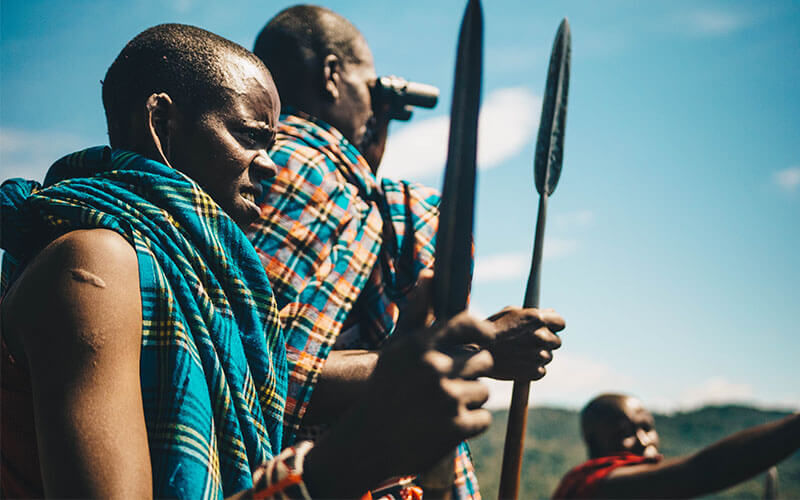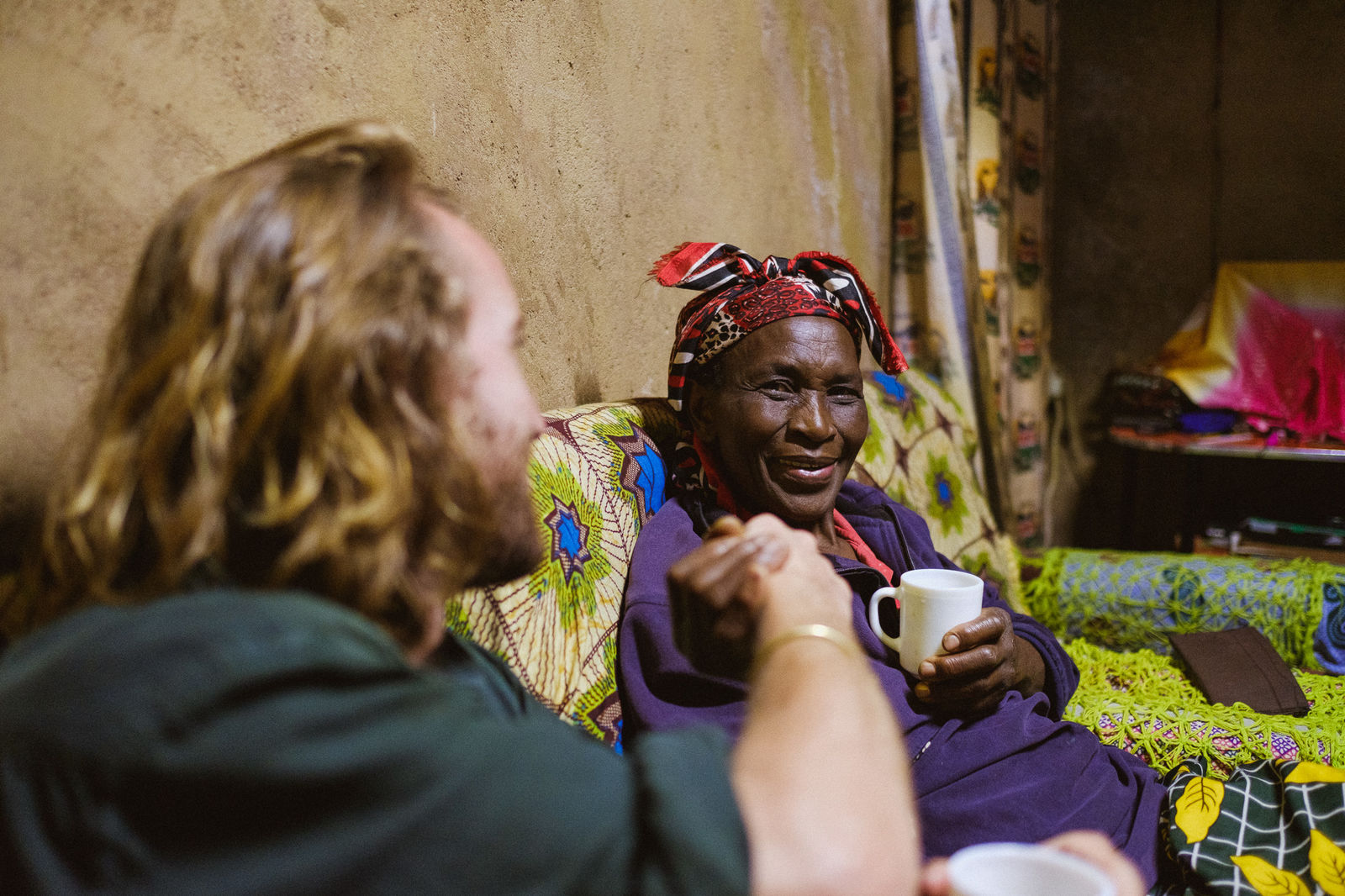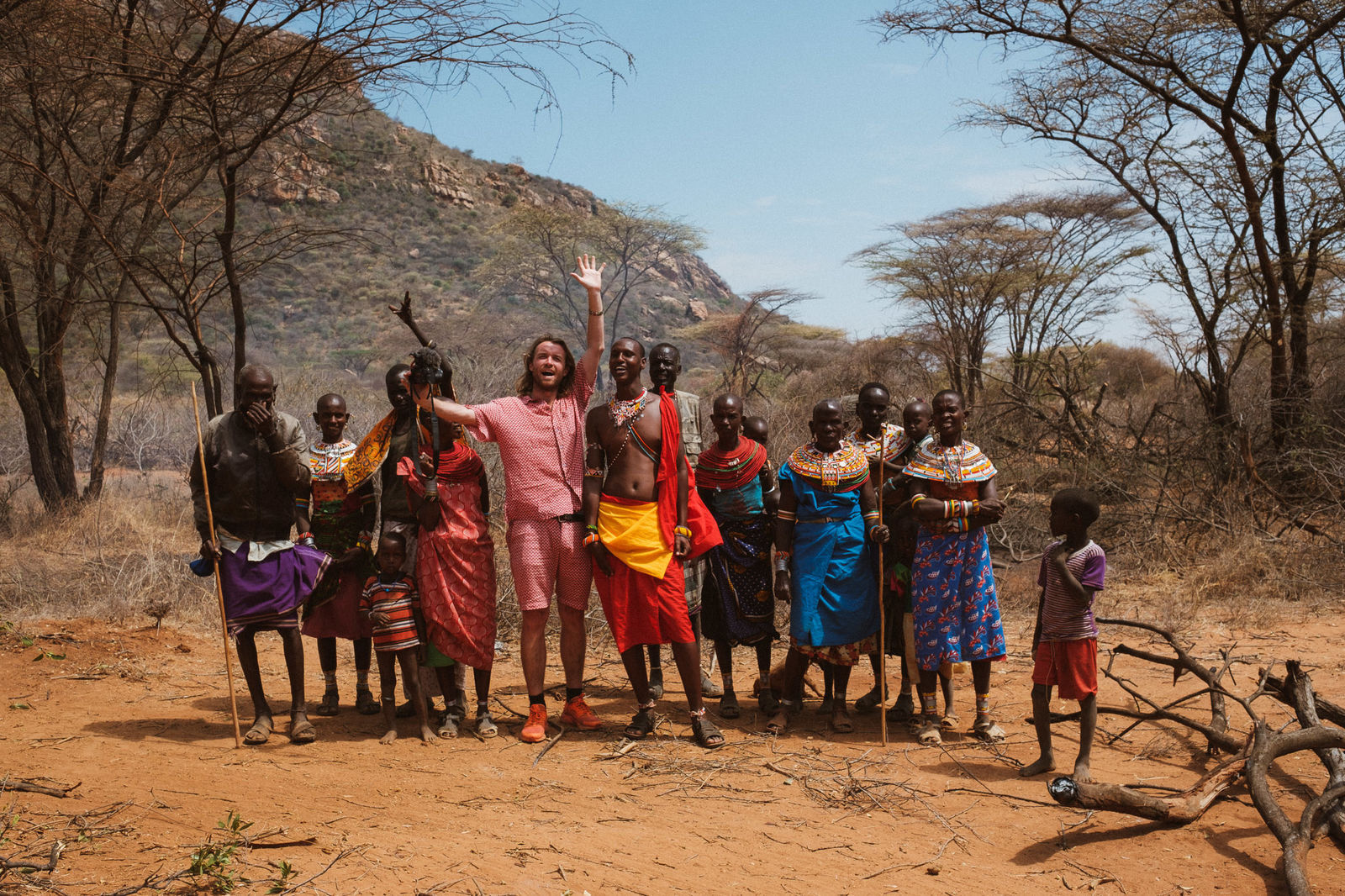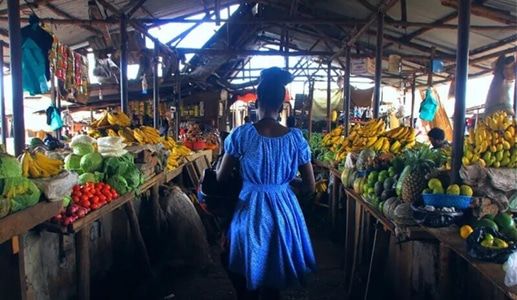A piece of history…
Swahili, in Arabic it means ‘coast’. The language was therefore born on the coast of East Africa, in a distant past, and is actually mainly characterized by the mix of languages and cultures that have influenced these idyllic coasts. Swahili is a Bantu language – of African origin – but it has been significantly influenced by Arabic and Persian when Arabs sailed in their dhows, landed, and the local population began reading the Quran. For example, many numbers (tisa means 9) are borrowed from Arabic, and many words (chai = tea) come from Persian. But also the English, Portuguese and German settlers had a hand in influencing the Swahili language. For example, ‘meza’ means table and ‘pesa’ means money. Or how about Baiskeli or Koti? Guess where these words come from! Just think of the word ‘bicycle’ or ‘coat’. And when you hear the Swahili word ‘shule’ and think of our own good old neighbor … Then you can also guess the meaning!
Learn Kiswahili?
Kiswahili is the language they speak in Kenya, Uganda, Tanzania, Rwanda, Burundi and even in parts of Congo DRC, Zambia and Mozambique! To prepare well for your Africa adventure, you will find a list of the most common words in this blog.
Chances are you’ve heard both the terms Swahili and Kiswahili. But what is the difference then? If you are talking about a language in Swahili, put the prefix ‘ki’ before it. For example, if you are talking about the Chinese language, you would call the language ‘Kichina’. And English is ‘Kiingereza’!
Actually, only tourists say Jambo. Habari or Mambo is more common!
- Ndio
‘Yes’
- Hapana
‘No’
- Karibu
‘Welcome’
- Sawa
‘Okay’ – this is perhaps the word you will hear most. At least on Charlie ‘s Travels HQ you can hear it all day long!
- Habari
You use this word to say “hello”, but it actually means “How are you” – that’s why people don’t say “Habari” back. This word is a lot better than “Jambo”, which is actually only used by tourists. If you want to speak a little more slang, say “Mambo”: “what’s up”. If someone says “Mambo” to you, you answer with “Vipi” or “Poa”: “good”.

- Mzuri
this is often the response to “Habari” and means “good”. So you actually say “It is going well”.
- Asante
‘Thanks’. You can turn it on even thicker by adding “sana”: “thank you very much”. You can also put “Sana” behind “Mzuri”: then you say “very good”!
- Saa
This is quite a useful Swahili word for when you are traveling. It means both “time”, “hour”, “clock”, and “watch”!
- Nani?
‘Who?’
- Wapi?
‘Where’?
- Pole
‘Sorry’. But if you say it twice – “pole pole” – you say “slowly” or “take it easy”. Are you not moving fast enough? Then say “Haraka haraka”: “fast, fast”!

Curious about all our destinations?
- Rafiki
You may know from a certain cartoon. Means “Friend”.
- Hakuna Matata
You might know this one from that one cartoon too? Means “no worries
- Gani?
‘Which’?
- Jina langu ni Joost. Jina lako nani?
“My name is Joost. What is your name?’
- Nimefurahi kukujua
Means “Good to meet you” in Kiswahili.
- Tafadhali
‘Please’

- Naomba kupiga picha?
‘Can I take a picture?’
- Soko
‘Market’
- Na
‘And’
- Hatari
“Danger” in Kiswahili (therefore also the name of a security firm in Nairobi)
- Nakupenda
Last but not least, it means ‘I love you’. Nakupenda mpenzi wangu’ is ‘I love you my darling’.




